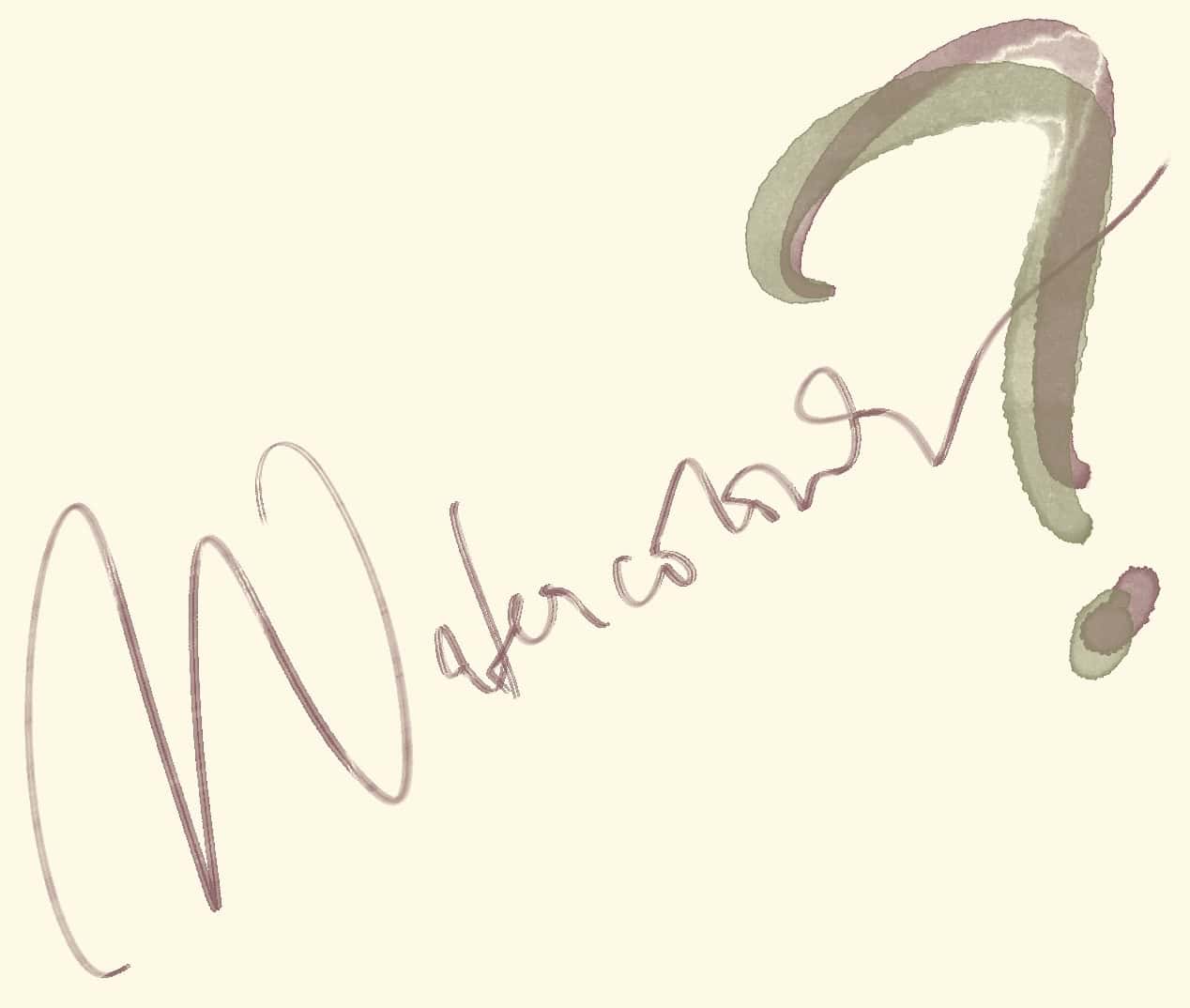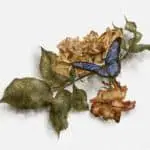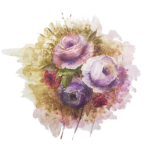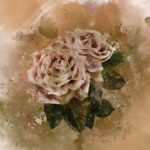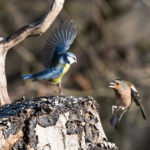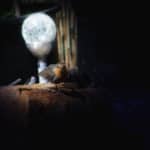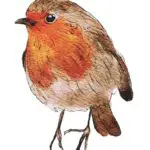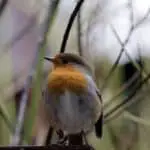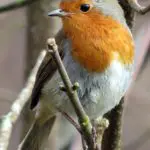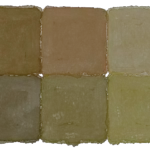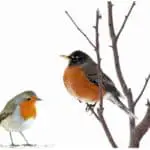There is a perception that watercolour painting is difficult. But is this really the case? In this article, we will explore whether watercolour painting is difficult and look at some factors that may make it seem so. We will also provide tips on overcoming perceived difficulties and enjoying this fantastic art form. So, read on to find out more!
What Is Watercolour Painting?
Watercolour painting is a type of painting that uses water-soluble paints and a brush. The paint is applied to a surface, usually paper, to create a transparent or translucent effect.
Watercolour paintings often have an ethereal quality and are often used to depict landscapes or seascapes. The paint can be blended to create soft, natural-looking effects. It can also be used to create abstract paintings by layering different colours and blending them.
As a versatile medium, watercolour paint can be diluted with water to create a variety of tones and shades of the same colour. It is also possible to create various effects such as blending, layering, and dry-brushing by using different techniques with watercolour paint.
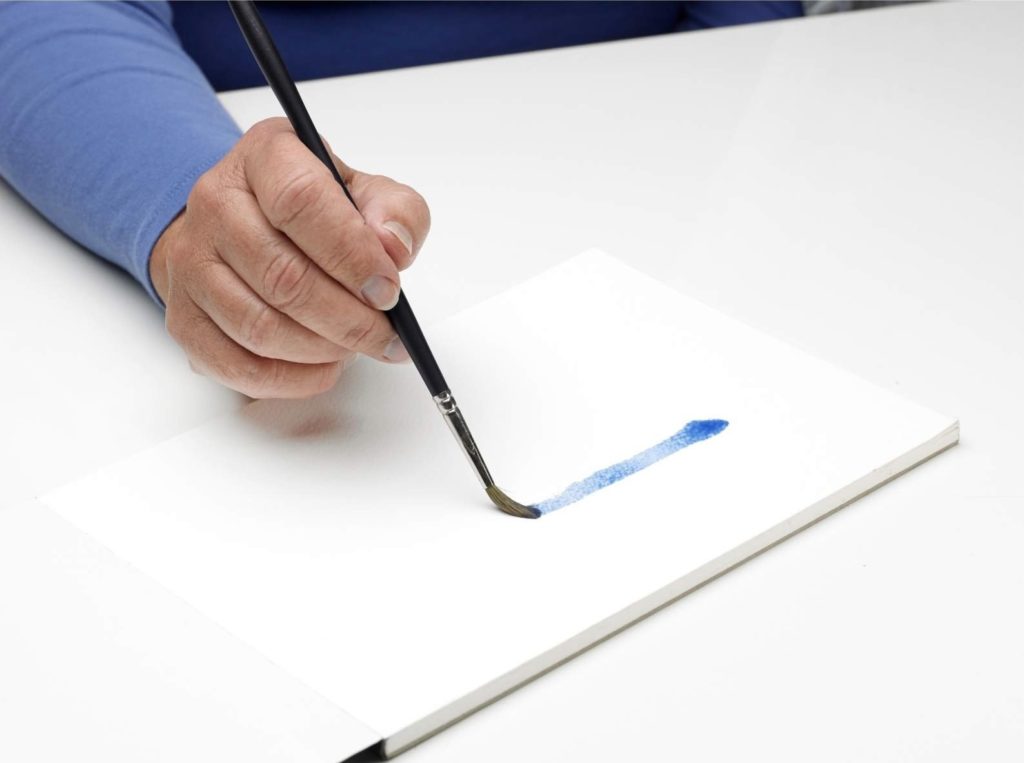
Is Watercolour Painting Difficult?
Watercolour painting can be difficult to master, but it is a rewarding pursuit. There may be challenges ahead, but you can learn to paint watercolours with a bit of practice.
Listed below are some common reasons why people think watercolour painting is difficult and its corresponding solutions.
1. Watercolour painting is transparent
Watercolour painting can be difficult to master because the paints are transparent. This means that the colours can be affected by the colours underneath them, making it difficult to achieve the desired outcome. For this reason, watercolour painting is often seen as a more challenging medium than other forms of painting.
Solution > You can master watercolour painting by learning how to mix colours effectively. You should also work on a separate piece of paper to test out a colour before applying it to your painting.
2. Watercolour painting is difficult to control
Another reason why people think watercolour painting is difficult because the paint can be easily disturbed, which makes it hard to achieve a consistent result. This happens because the pigment in watercolours spreads quickly, and it’s easy for the paint to move around on the paper.
Solution > You can learn to control watercolours by practicing different techniques, such as wet on wet or dry brush. It would be best if you also worked with a variety of brushes and paints so that you can see which ones work best for your style of painting.
Watercolours can be unforgiving – mistakes are difficult to correct
The main difference between watercolour painting and other types of painting is that it is one of the most challenging mediums to work with because you have less control over the paint than if you were using oil-based paints. This means that you have to be careful when painting with watercolours, as any mistakes are difficult to correct.
Solution > The best way to avoid making mistakes while painting with watercolours is to take your time and be patient. Practice a lot so that you become more comfortable working with this medium. Additionally, if you make a mistake, you can often correct it by using a wet brush to blend the paint.
Watercolours dry quickly, and it’s easy to run out of time
People think watercolour painting is difficult because the paint dries very quickly, which means you have to work fast. If you don’t finish your painting within a few minutes after applying the colours, then there won’t be enough moisture in them to allow the paint to blend.
Solution > One way to combat this is by using a wet palette to keep your paints moist for longer. Additionally, it's important to plan out your painting before you start so that you know exactly what you want to achieve.
Watercolour painting takes a lot of practice
Like any other form of art, watercolour painting takes a lot of practice to master. This is because the medium is quite challenging, and there are many different techniques that you need to learn to be successful.
Solution > The best way to improve your watercolour painting skills is by practising every day. It would be best if you also experimented with other forms of art such as drawing, sketching or acrylics so that you can learn from them and apply those techniques to your work.
See also: 11 Steps To Getting Into Watercolour Painting
How To Start Your Own Watercolour Painting Project
If you’re feeling motivated to try out watercolour painting, the best way to start is by finding a project that you want to work on. This can be anything from a landscape, portrait, still life or abstract piece.
Once you’ve chosen your project, gather together all of the materials you’ll need, such as paints, brushes, paper and a palette. It’s also a good idea to have some water and a cloth nearby so that you can clean your brushes and keep the paint wet.
Once you have all of your supplies ready, it’s time to start painting. Begin by sketching out your design on paper using light pencil strokes to have a rough idea of what you want to achieve. Once you’re happy with the sketch, start painting the details using different shades and colours.
If you want to make it even more challenging, try using different watercolour techniques such as wet on wet or dry brush. You can also experiment by mixing colours and creating unique shades for your painting.
Don’t be afraid to experiment with different techniques and brushes – the more you practice, the better your paintings will become. And above all, have fun!
Final Word
True enough, watercolour painting is difficult to work with, but the results are definitely worth it. Watercolour paintings have a unique quality that sets them apart from other forms of art.
There might be some challenges to overcome when working with watercolours, but these can be easily fixed by practicing and experimenting. Stunning watercolour paintings take time to create, but the results are worth it. Who knows, just by taking that first step, you may surprise yourself as to what you can achieve!
